“You can’t change the fruit fly’s hatching cycle, but you might be able to change a training camp.”
Jörg Förster embodies the dual career path like no other. The chairman of the board of the General German University Sports Association (ADH) was the first top sports representative at a German university in 2003 and helped introduce a program at Hamburg University that has been supporting top student athletes nationwide since 1999 in mastering competitive sports and their studies at the same time. In this interview, he explains why other countries are still ahead of Germany in some areas and makes a clear demand on top-level sport.
Mr. Förster, is enough being done for top athletes at German universities to optimize their chances of success?
In countries such as Romania, Portugal, and France, athletes are valued very differently. There, sporting success is a criterion for gratification and maximizes social status. Universities are proud of their athletes, who therefore have fewer problems with dual careers. In Germany, there is no hall of fame at universities that considers its athletes to be special figureheads, even after they have graduated. In Germany, we also have a rather critical attitude towards top-level sport at universities, which creates different conditions. There are now several countries that have launched programs based on the 2012 EU Guidelines for Dual Careers, which create a legal framework for universities to promote sports. I won’t even mention Asia at this point, as athletes there are seen quite differently as high achievers and political actors in a particular form of society.
You were involved with the European Athlete as Student Network for a long time, which promotes dual careers internationally. Did this give you a good insight into dual career opportunities in the US, and if so, how would you compare them with those in Germany?
Sports systems vary greatly. The classic club system, as in Germany, with sport as an independent system alongside other systems in society, is unique. In Anglo-American countries, sport is part of the education system. This certainly has its negative aspects. The commercialization of the National Collegiate Athletic Association is a prime example of the commercialization of people. The subsidized educational qualification is a commodity for which I make my body and my performance available. Good athletic performance offers the chance of a scholarship, for which other students have to pay high fees. In return, however, all advertising rights are sold to the system, and competitive athletes become the human capital of the universities.
However, the topic of dual careers has also been around in Germany for a long time. If you look at how many athletes at the Olympic Games have an academic education, the rate is now over 60 percent. In some sports, this is also due to the fact that the age at which athletes perform at their peak has increased. It therefore takes longer to reach medal-winning level, and athletes are not finished with top-level sport at the age of 22, ready to focus on their professional careers. This is another reason why it is all the more important that programs such as “Partner Universities for Top-Level Sport” exist, so that athletes can start their professional lives afterwards. Incidentally, studies show that in a dual career, both areas have a positive influence on each other.
Can you explain how this program came about back then?
In 1999, the ADH and the German Athletics Association considered how top athletes could be supported. Support was not provided for in the study regulations, and student elite athletes were not considered a group with special support needs. The aim was to motivate and oblige universities to support student elite athletes, similar to elite sports schools. This agreement was then set out in a contract called “Partner Universities for Elite Sports.” The basic idea here was to create a uniform contract that included certain support services. The program is supported by local partners, such as the Olympic training centers with their career advisors or the student services organizations, which offer special meals or dormitory places on a case-by-case basis. This contract then grew relatively quickly and its content was repeatedly adapted to the requirements of dual careers.
What tasks do you perform in relation to the “Partner Universities of Top-Class Sport” program?
Over the past 21 years, I have been involved in various ways in my different roles. At the beginning, I worked directly with athletes, but now I am more responsible for lobbying and sports policy vis-à-vis other institutions. I am the ADH’s contact person for partners such as the Federal Ministry of the Interior and other political and sports bodies.
There are currently around 1,200 top athletes at German universities. How does individual support work?
Not all student elite athletes are known at their university, as not all of them take advantage of the support available. Normally, the Olympic training centers inform the contact persons at the respective university how many elite athletes are enrolled in which subjects at the university. Since there are a large number of different subjects, different contact persons are always needed, which can be a challenge.
Support is usually provided by the career advisors at the Olympic training centers, who take on the main task of planning the optimal combination of top-level sport and studies. This is then often accompanied by mentors, student advisors, and tutors at the universities. The top athletes take their problems directly to the local contact person. A classic example is when a training camp takes place at the same time as an exam. However, the COVID-19 pandemic has led to a steep learning curve in this area, so that flexibility is no longer just an issue for student elite athletes. For example, as part of my teaching activities at Wismar University, students mainly defend their bachelor’s theses online.
You said that you are in contact with the Federal Ministry of the Interior. Are there any areas where you would like to see more support from politicians?
It would, of course, be good if future federal ministries and relevant specialist authorities were also committed to this issue. It is clear that the Federal Ministry of the Interior and Homeland is committed, as this is inherent in the system due to its responsibility for competitive sports. However, we heard nothing about this from Minister Stark-Watzinger during her time at the Ministry of Science.
Of course, there have already been statements from the Bundestag’s Sports Committee and the German Rectors’ Conference. With the FISU World University Games, we also have an event right here on our doorstep that represents dual careers like no other. Support comes, for example, in the form of funding for scientific research into dual careers. Studies on this topic were conducted many years ago, but they are now outdated, and changes in recent years mean that the conditions for dual careers today need to be examined. This will enable us to determine what political action may be necessary in the future.
And that is?
More individualized support. If people like me are needed to serve as door openers and problem solvers for athletes at universities, then these positions must also be funded. This position is not currently budgeted for at universities, and in this respect, it is a topic of discussion with politicians.
How is the program evaluated? How is compliance with contract terms checked, and are there consequences if they are not met?
Unfortunately, there has been no real evaluation so far, as the funds for this are lacking. If problems arise in individual cases, we seek dialogue with the respective contact persons. Fortunately, however, this has not happened very often. Of course, there are always cases that are critically dramatized in the media, but you always have to look at why such things fail. If you allow for the necessary planning lead time, it becomes increasingly rare for something not to work. Sometimes the expectations of flexibility from such formally very rigid constructs at universities are limited, and not every wish can be fulfilled, which then immediately leads to the conclusion that the whole program is not working. Individual cases cannot be ruled out given the high number of graduates, and one then has to look at what exactly is not working. However, one weakness of this agreement is that we do not have a control system with sanctions.
In which areas of funding do you see room for improvement?
Compared to bachelor’s degree programs, there are significantly fewer places available for master’s degrees. Even though compensating for disadvantages in university places with qualification grades is still an issue, most federal states now reserve a certain proportion of university places, known as the profile quota, for top athletes. However, this only applies to undergraduate bachelor’s programs and not to master’s programs, which is why it is often difficult for top athletes to get a place on a master’s program. There is still no satisfactory solution for the centrally allocated programs in medicine, dentistry, veterinary medicine, and pharmacy, because top athletes are dependent on being assigned to a specific study location.
In fact, I see a central challenge in the sports system itself. One problem is that the target agreements of coaches usually do not mention dual careers. Since their own profession depends on their ranking, it is not relevant for coaches during this period whether the athletes pass an exam or not. In addition, there is often a lack of flexibility in sports.
One example of this is traditional training camps, which have been held at the same time and in the same place for years and always clash with the same exam periods. In some cases, it has not been possible to reschedule such training camps by just one week to avoid this scheduling conflict.
In contrast, the education system has become much more flexible in recent years, and student athletes are recognized as a study group with special needs. Nevertheless, there are certain things that cannot be rescheduled. The fruit fly’s hatching cycle cannot be postponed, but a training camp can be under certain circumstances. I believe the theory that athletes who train intensively cannot study medicine has long been disproved, as graduates over the past 20 years have proven. To achieve this, sport simply needs to become as flexible as universities and the education system.
You have already mentioned a few points, but what developments would you like to see in the future to ensure better support?
When reporting on athletes, it is important not to just report on how fast they are or what achievements they have made in their sport.
What else should be reported on?
It is also important to report on which degree program they are pursuing at which university, as this ultimately leads to a different public perception of the universities. Most people believe that top athletes earn a lot of money and travel a lot, but this is usually not the case. Linking athletic performance to the success of a dual career is important in order to improve it in the future.
Above all, public opinion must be directed toward the fact that a dual career is a special achievement that requires the commitment of many people. I would also like to see organized sport give greater recognition to the achievements of this agreement and make a constructive contribution to its success.
The interview was conducted by Nikolas Hajdu.
Featured image: © adh
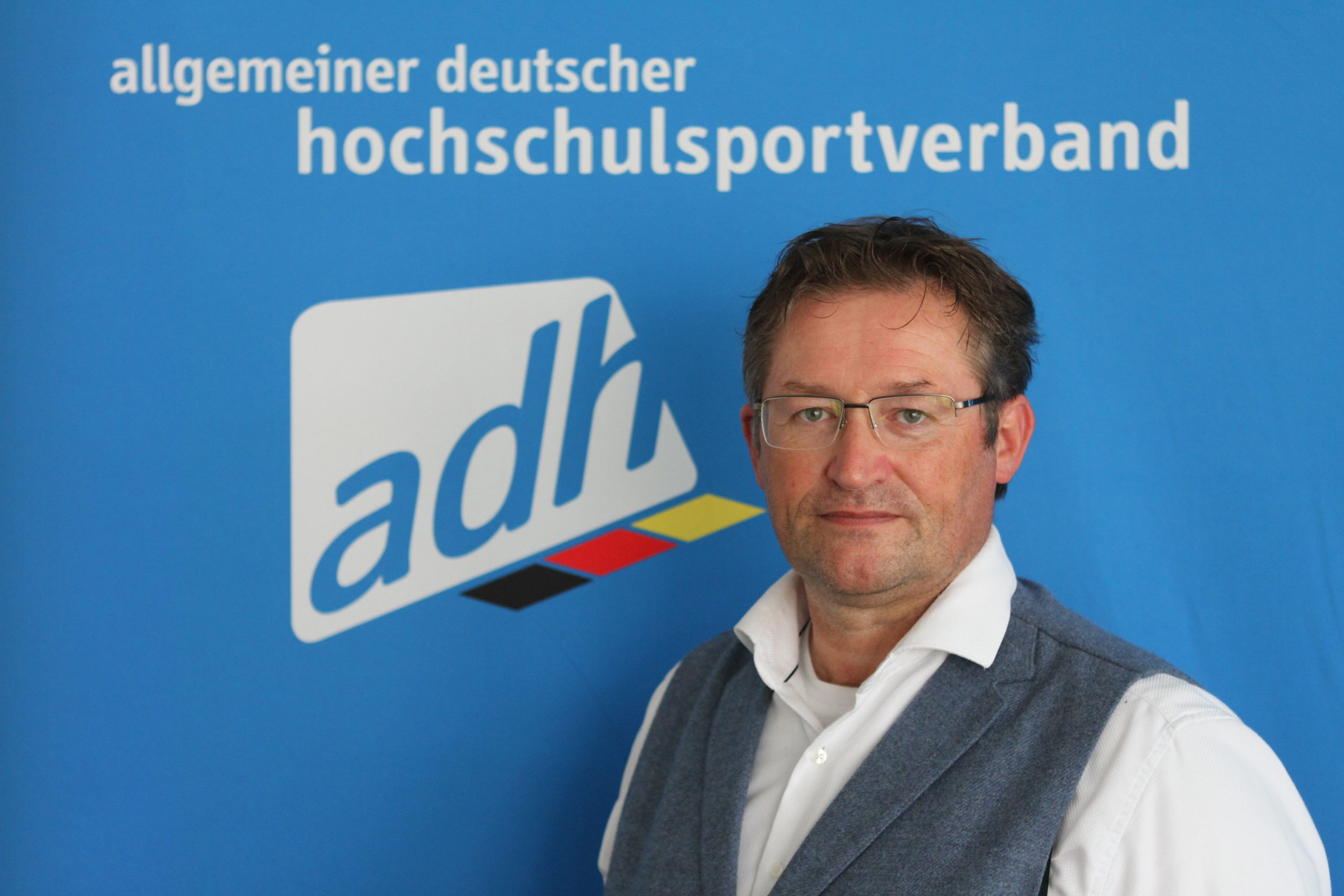
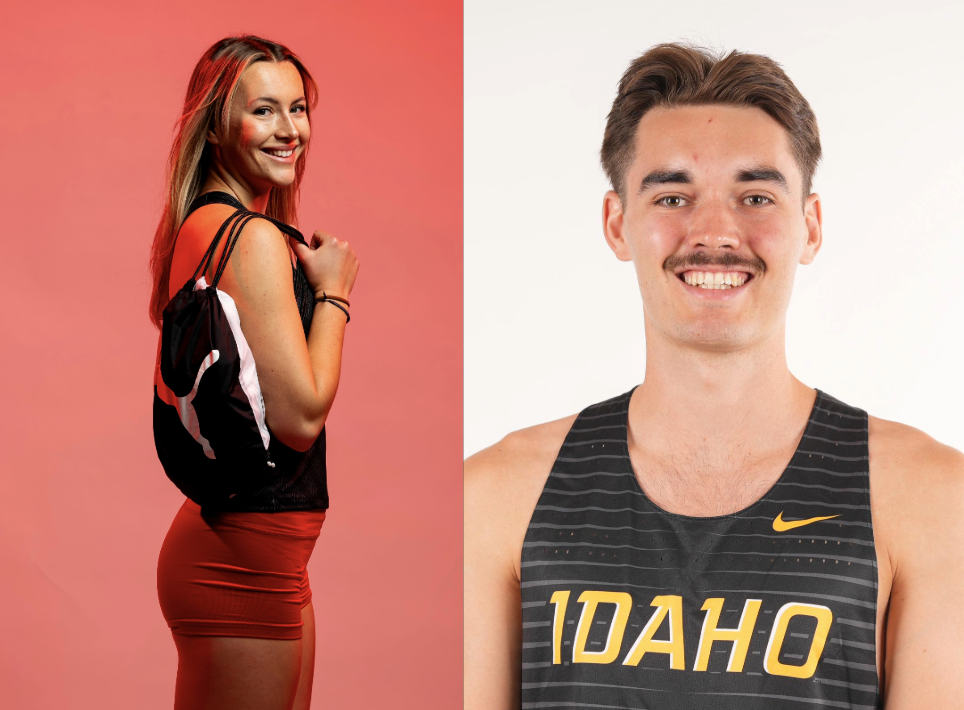
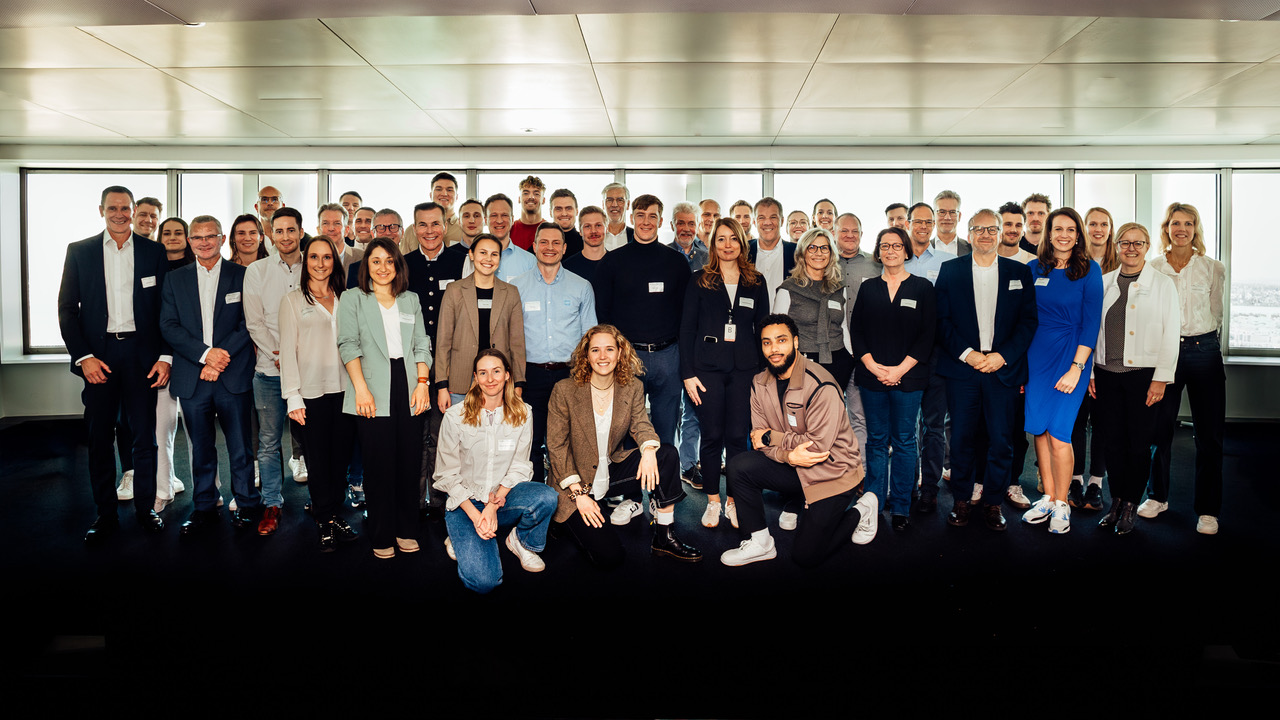
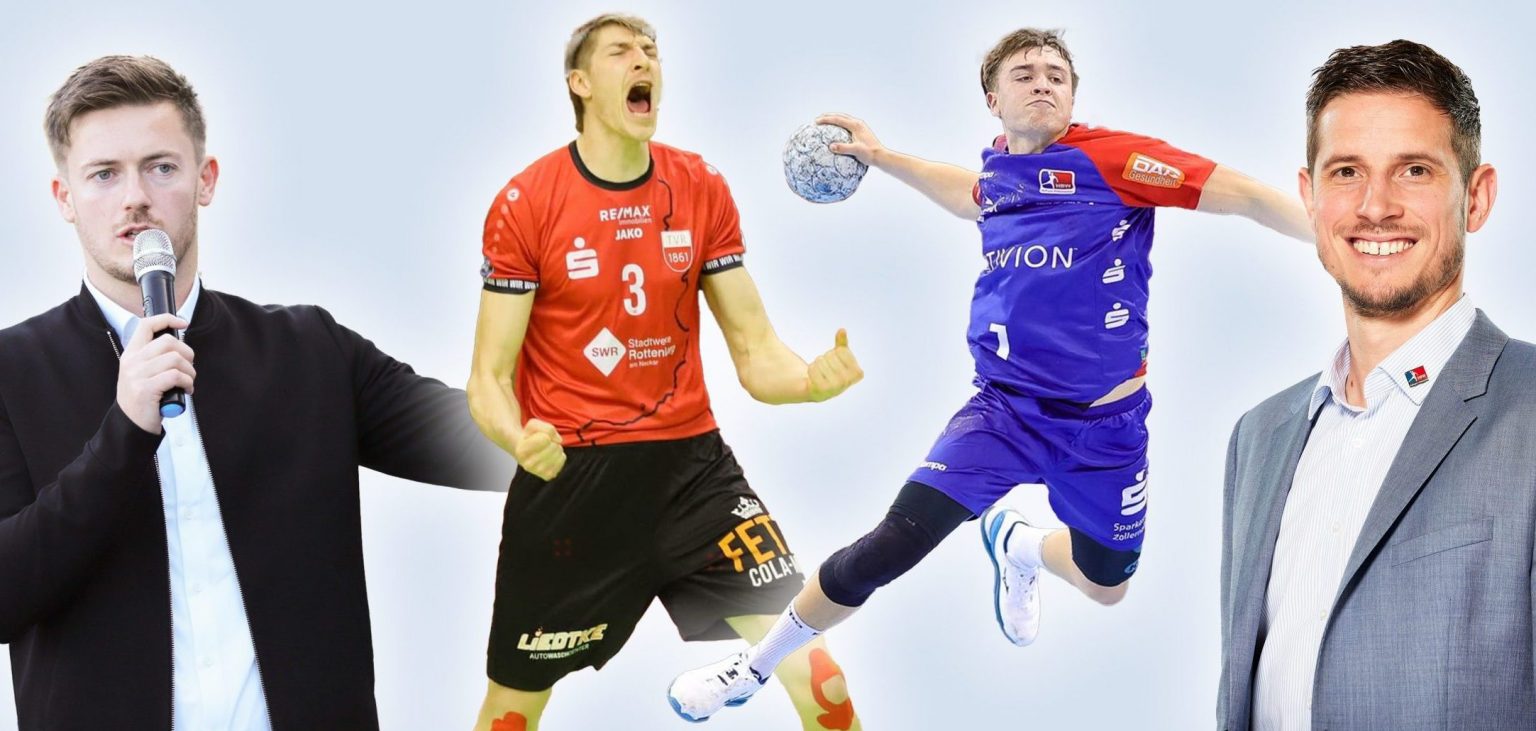
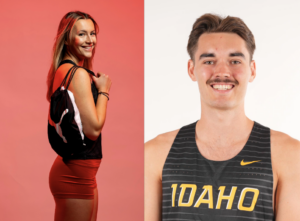
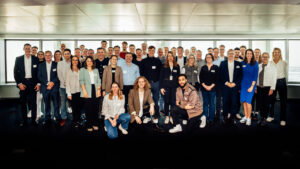
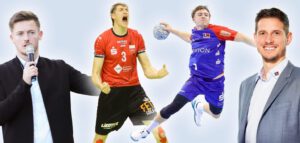
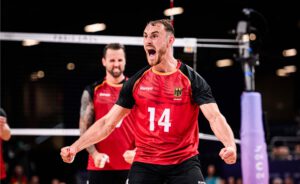

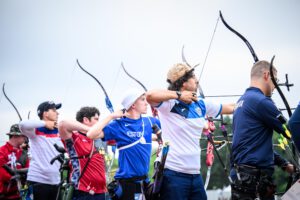



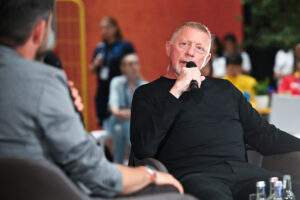
Post Comment